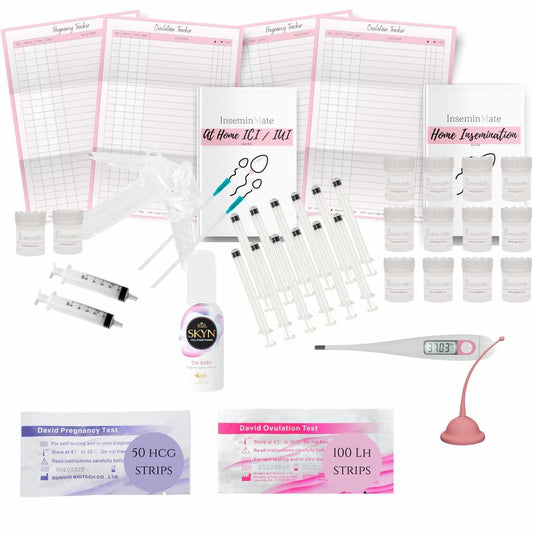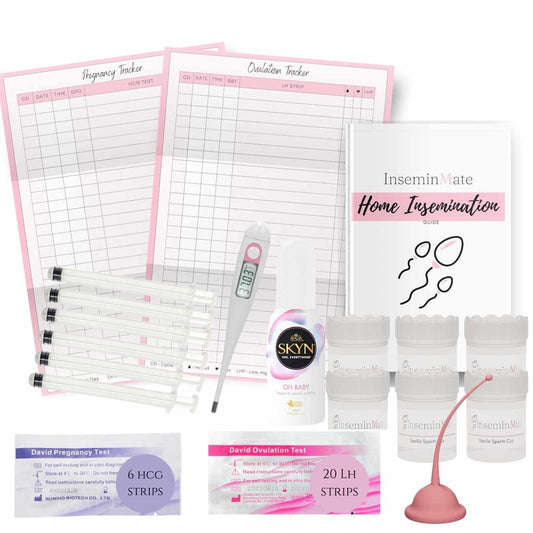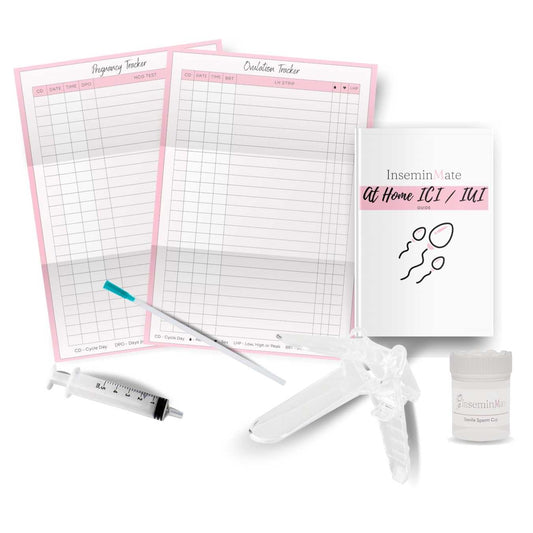At 32 weeks pregnant, you are likely starting to feel more and more ready for the arrival of your baby. However, there are still several weeks of pregnancy left, and you may be experiencing a range of symptoms and changes during this time.
Here are some of the common symptoms you may experience at 32 weeks pregnant:
-
Braxton Hicks contractions: These are mild, painless contractions that can occur sporadically throughout the day. They are a sign that your body is preparing for labor, but they are not a cause for concern unless they become painful or regular.
-
Back pain: As your belly grows larger, it can put additional strain on your back muscles, leading to discomfort and pain. You can try using a heating pad or taking a warm bath to help alleviate this pain.
-
Shortness of breath: As your uterus expands and pushes up against your diaphragm, you may find it more difficult to catch your breath. Try taking frequent breaks, sitting down, and practicing deep breathing exercises.
-
Swelling: Many women experience swelling in their hands, feet, and ankles during pregnancy, especially in the third trimester. Try to elevate your feet and drink plenty of water to help reduce swelling.
-
Fatigue: Growing a baby is hard work, and it's normal to feel more tired than usual during pregnancy. Be sure to prioritize rest and listen to your body's cues when it comes to taking breaks and napping.
In addition to these symptoms, you may also be experiencing a range of emotions as you prepare for the arrival of your baby. This can include excitement, anxiety, and even fear. Remember that it's normal to feel a range of emotions during pregnancy, and don't hesitate to reach out for support from loved ones or a mental health professional if you need it.
At 32 weeks pregnant, you will likely also have a check-up with your healthcare provider to monitor your baby's growth and development. This may include an ultrasound to check on your baby's size and position, as well as a non-stress test to monitor your baby's heart rate.
Overall, it's important to listen to your body and take care of yourself during this time. With just a few weeks left until your due date, be sure to prioritize rest, hydration, and self-care as you prepare for the arrival of your little one.




